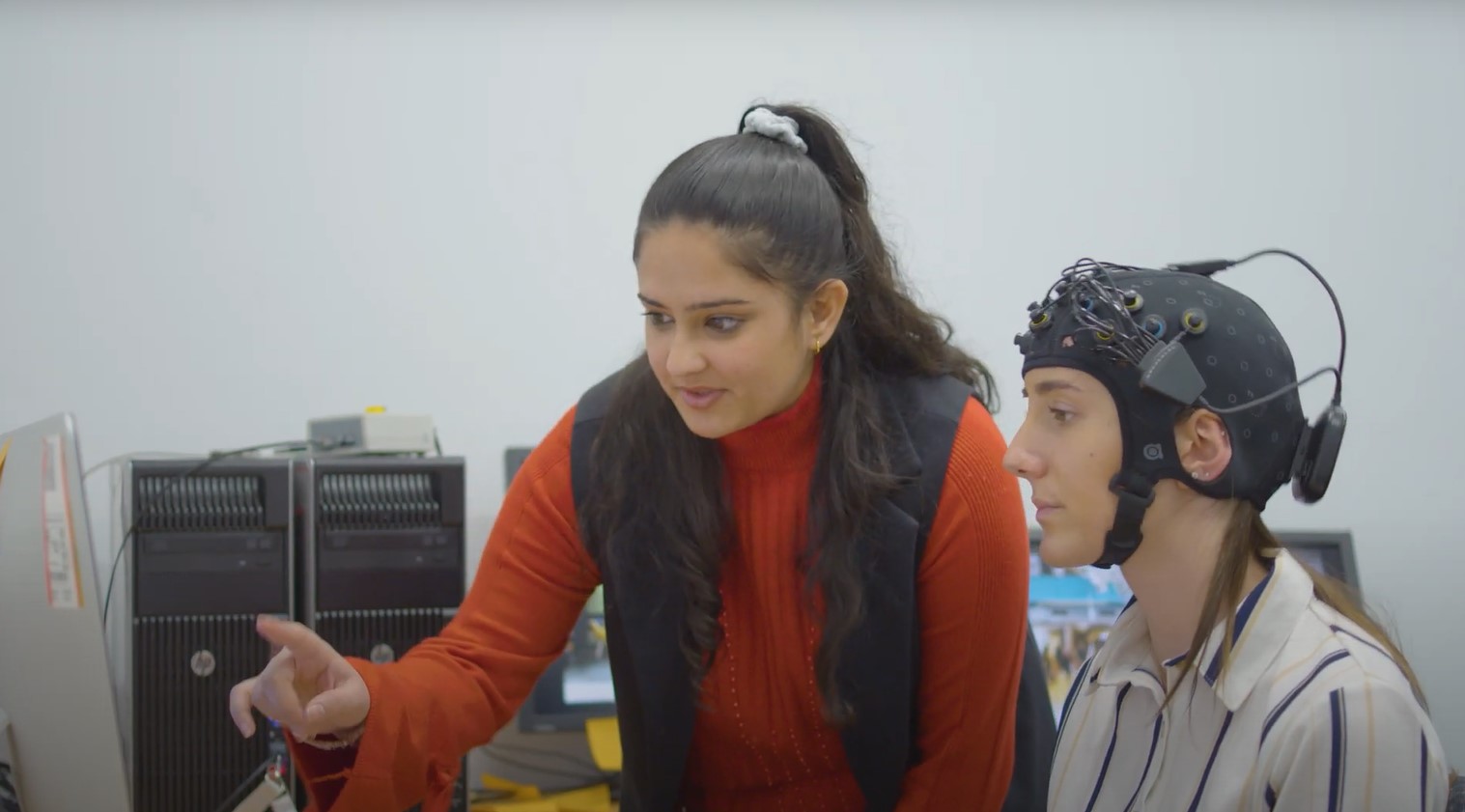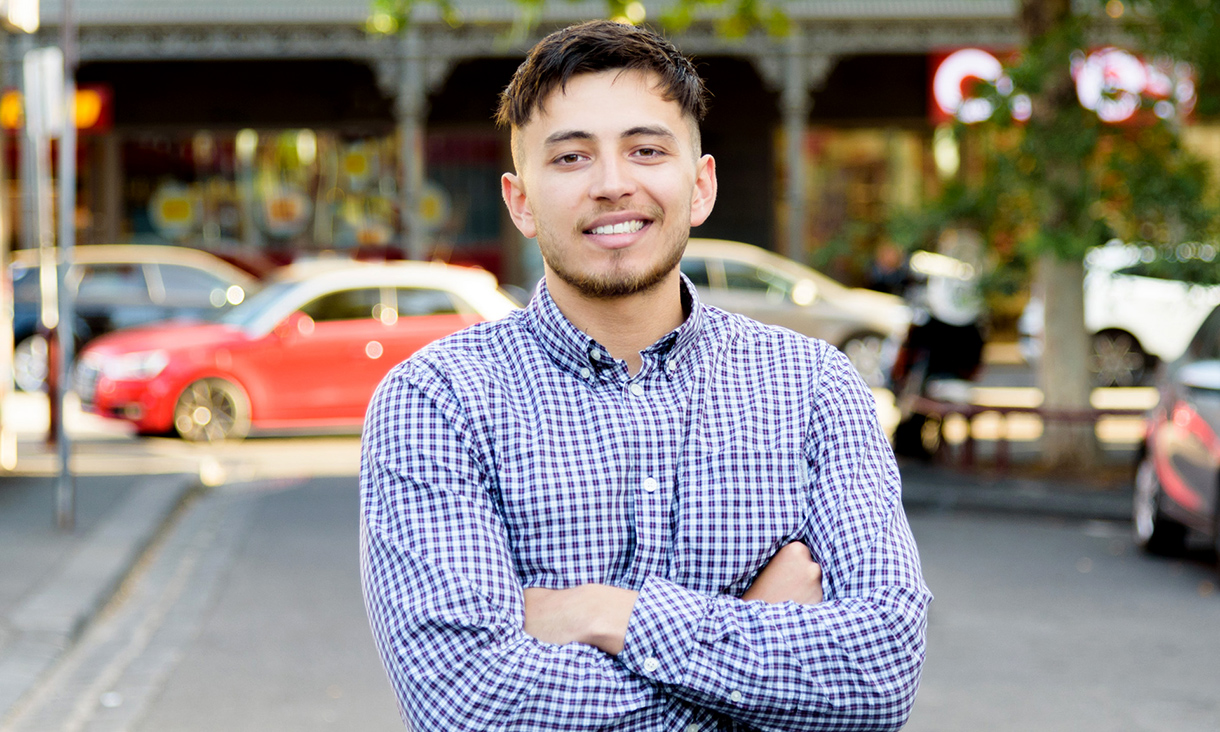Placement is really the space for students where they bring together all of what they've learnt into the classroom, out into the real world. It's where students get the opportunity for 70 days to actually practice within a real life setting.
Field education is a really important component of the social work degree, whether that be at a Bachelor level or a Masters level.
I think the first thing is to have an open mind. I know you're not going to get paid for it but don't think about it that way. It's 500 hours. It sounds so much but it goes really quickly if you're enjoying what you're doing. So you've got to insert yourself. You've got to create something that you can do that can make you wake up every morning at 6:00 a.m. to go to that placement.
Don't wait for the workplace to make suggestions and direct your work. Really roll up your sleeves and get involved in as many things as you can.
Really, It doesn't matter where students do placement. What matters is that they provide good learning opportunities.
My advice would always be to think about the broader context rather than hoping for the perfect placement.
Just be open and sometimes you never know what you will learn from the organization.
Because there I learn so much and got so much professionally and also personally that I never imagined I will.
Have a think about what it is you really want to do and find a good balance between getting out of your comfort zone but also finding a placement that you feel will be supportive for you and meet your learning needs.
Do your research. Make sure that this placement aligns with you. Don't be afraid. You know we're all learning through this process and it's a really great opportunity to be able to utilize the skill sets that you've learned in the theory based environment and apply them into a real world setting.
Before a student comes on placement. I would always ask them to do some homework around the kind of cohorts that they'll be working with and whether they're prepared to work in a really challenging environment.
There's lots of stuff that happens here and it will push people's boundaries. And so for me it would be about not only doing your research but make sure you're open to question yourself making sure that you've also got supports in place to go "that was a really hard day, these are the people I can talk to"
Be open to discussing things. So if a student is struggling then to talk about it. Not to suffer in silence because there are very very few problems believe me that we haven't come across before and worked through with students and they've finished their placement successfully.
My biggest tip would be to think about a self-care plan or a strategy.
Be kind to yourself through this process. Think about your work and your life balance and how that's going to pan out for you during this time. It's quite an intensive period.
At placement working in crisis. It can be really heightening. So because you're listening to really traumatic stories you are affected. Being human you're affected. So thinking about ways to not just professionally but personally managing and being aware of your emotions and how that influences your practice influences how you might best support yourself and the people that you work with.
I've got self-care for uni and everything like that like exercising and you know spending time with family. That's how I cope. But when those things weren't working like I'd come home and I'd be tired. I don't know what it is. It's like an emotional like you bring a lot of emotional baggage home. I had to reflect on what I was thinking and how others were thinking at placement.
If students are having a hard time at any point during their placement, Liaison really is the place to bring that up. And your Liaison officer is your first point of call. You don't have to wait until you Liaison appointment to bring anything up with your Liaison Officer. No one should sort of try and suffer and get through it alone.
I just really appreciate my placement and my supervisor and having been given that chance to actually put into practice or the theory and be supported. I think it's really important to feel supported. And if you don't. To make sure that that's heard.
So in that setting you're a student learning and that's what your there for. It's okay to ask for help. Don't wait until things become overwhelming. Ensure that you're asking all the way along so that your learning experience is as valuable as possible.
Supervision is used as a tool to help unpack learning and assess what's going on in terms of meeting their learning goals. It's such an intense learning experience being on field placement. So having someone actually to sit down with you when I unpack that is really unique and I think it's an important part of our reflective practice.
I felt really fortunate to have someone so critical creative in their response and took their work really seriously and wanting to engage in theory and practice and always bringing case studies to supervision.
Discuss upfront with your supervisor and the team you're working with. The real scope of your practice and the limitations of it. And that way you can make the most of the opportunity.
Be open with your Task Supervisor at placement and also with your RMIT Supervisor. They will be your two main supports. And we work very closely together. And we're here as a team to support students through all of the challenges throughout their placement.
There's research in social work that tells us that students identify placement as their most valuable learning experience.
Really think about the learning goals that you want to achieve throughout your placement to think about how you're going to construct your CV. And we hope at the end of the day that the whole process is a stepping stone to building those employability skills.
















